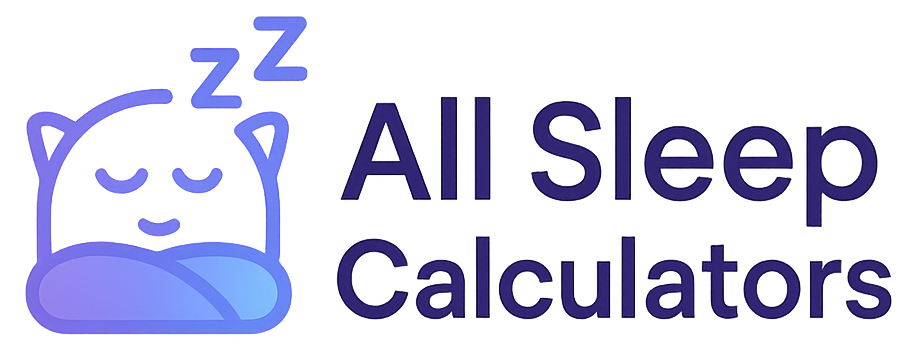What Is Sleep Inertia?
Sleep inertia is the transitional state between sleep and wakefulness, characterized by reduced alertness, impaired performance, and a desire to return to sleep. It's that groggy, disoriented feeling many people experience when they first wake up, even after a full night's sleep.
Did you know? Sleep inertia can temporarily impair performance on cognitive tasks by 50% or more compared to your fully alert state.
The Science Behind Sleep Inertia
Sleep inertia occurs because different parts of your brain wake up at different rates:
- The brainstem, which controls basic functions like breathing and heart rate, wakes up quickly
- The prefrontal cortex, responsible for complex thinking and decision-making, takes longer to become fully active
- Blood flow to the brain increases gradually after waking
- Neurotransmitter levels shift from sleep patterns to wakefulness patterns
Factors That Affect Sleep Inertia
The severity and duration of sleep inertia can be influenced by several factors:
1. Sleep Stage at Awakening
Waking up during deep sleep (N3) typically results in more severe sleep inertia compared to waking from lighter sleep stages or REM sleep.
2. Prior Sleep Duration
Sleep debt or sleep deprivation can intensify sleep inertia symptoms. Paradoxically, even after a long recovery sleep, you might experience stronger sleep inertia.
3. Time of Day
Your circadian rhythm influences sleep inertia. Waking during your biological night (when your body expects to be asleep) can make sleep inertia worse.
4. Individual Differences
Some people naturally experience more intense sleep inertia than others due to genetic factors and their chronotype (whether you're a morning person or night owl).
How Long Does Sleep Inertia Last?
Sleep inertia typically lasts from 15 minutes to an hour, but can persist for up to four hours in some cases. The most severe symptoms usually dissipate within the first 15-30 minutes after waking.
Minimizing Sleep Inertia
While you can't eliminate sleep inertia entirely, you can reduce its severity and duration:
Strategic Timing
- Complete sleep cycles: Use our wake-up time calculator to time your wake-up to coincide with the end of a sleep cycle, when you're in lighter sleep
- Consistent schedule: Wake up at the same time every day to regulate your circadian rhythm
- Avoid sleep deprivation: Maintain adequate sleep duration to minimize sleep inertia intensity
Morning Habits
- Light exposure: Get exposure to bright light immediately upon waking to signal your brain that it's time to be alert
- Physical activity: Gentle movement or stretching can increase blood flow and reduce sleep inertia
- Hydration: Drink water after waking to counteract mild dehydration that can occur during sleep
- Strategic caffeine: Consuming caffeine right after waking can help reduce sleep inertia symptoms as it takes effect
Wake-Up Environment
- Temperature change: A slightly cooler room can help increase alertness
- Sound: Gentle, gradually increasing alarm sounds are less jarring than sudden loud alarms
- Smart lighting: Light that gradually brightens can simulate sunrise and ease the transition to wakefulness
Sleep Inertia vs. Other Morning Grogginess
It's important to distinguish sleep inertia from other causes of morning grogginess:
- Sleep disorders: Conditions like sleep apnea can cause morning fatigue that resembles sleep inertia
- Oversleeping: Sleeping longer than needed can actually make you feel more tired
- Medication effects: Some medications have side effects that include morning drowsiness
- Poor sleep quality: Even if you sleep for a full duration, poor quality sleep can lead to morning grogginess
Want to reduce morning grogginess?
Use our calculators to optimize your wake-up time:
Explore More Sleep Topics
Sleep Cycles
Understand how sleep cycles work and why they are crucial for quality rest.
Circadian Rhythm
Explore your body's internal clock and its impact on sleep timing.
Chronotypes
Discover if you are naturally a morning person, night owl, or somewhere in between.
Sleep Architecture
Learn about the structure of sleep and how different stages interact throughout the night.
